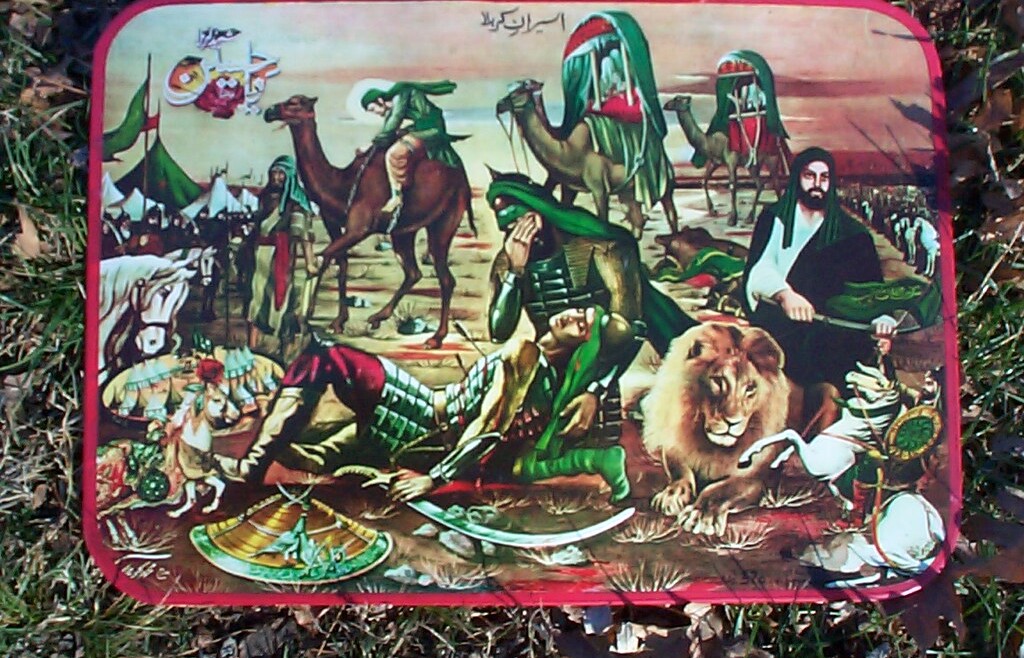The uprising of Muslim ibn Aqil in Kufa occurred during the month of Ramadan, specifically in the year 680 AD (60 AH). After receiving numerous letters of support from the people of Kufa and being urged to lead a movement against the oppressive rule of Yazid ibn Mu’awiya, Imam Hussain ibn Ali sent his cousin, Muslim ibn Aqil, as his emissary to Kufa.
Muslim arrived in Kufa on Ramadan 5 and was warmly welcomed by the people, who pledged their allegiance to Imam Hussain through him. As his numbers grew, Muslim began to establish a base of support in the city, and it appeared that a significant uprising was underway.
However, the Umayyad regime, under the leadership of Yazid’s governor, Ubaidullah ibn Ziyad, soon caught wind of the growing support for Imam Hussain in Kufa. Ubaidullah intensified his efforts to suppress any signs of rebellion. As the situation escalated, some of those who had initially pledged their allegiance to Muslim ibn Aqil became fearful of the consequences and started to distance themselves from the uprising.
By Dhu al-Hijjah 8, the situation in Kufa had taken a dangerous turn. The support for Muslim ibn Aqil had dwindled, and he found himself isolated and surrounded by enemies. He was eventually betrayed, and his whereabouts were reported to Ubaidullah ibn Ziyad. As a result, Muslim ibn Aqil was arrested and brought before the governor, who subsequently ordered his execution.
The events surrounding the uprising of Muslim ibn Aqil in Kufa were a significant precursor to the later events of the Battle of Karbala. Muslim’s dedication to the cause of Imam Hussain and his subsequent martyrdom exemplify the loyalty and sacrifice of Imam Hussain’s supporters in their struggle against an oppressive regime.
These events continue to be commemorated during the month of Muharram, particularly on the day of Ashura, as Muslims around the world honor the memory of Imam Hussain and his companions and draw inspiration from their stand against injustice and tyranny.

